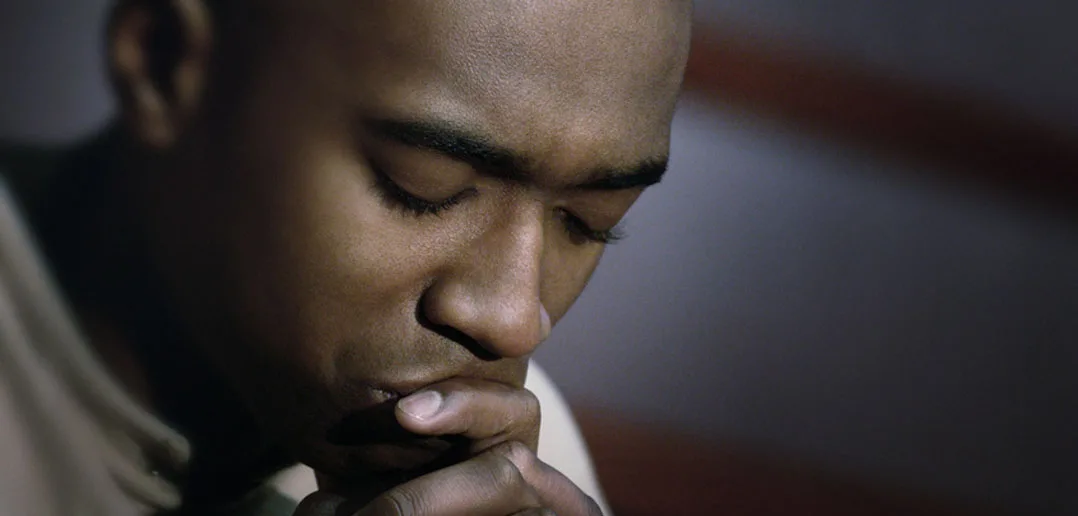
The Journal of Applied Social Psychology published a study in which researchers found that individual racial attitudes significantly influence perceptions of Black and White individuals accused of a crime. The evidence reveals that those with pronounced racial biases tend to align their evaluations of Black offenders more closely with criminality stereotypes.
Historically, numerous studies have emphasized the racial biases present in the American criminal justice system. Racial attitudes, both explicit (conscious) and implicit (unconscious), have been examined as possible drivers of these biases. While explicit racial attitudes are obvious and clear, implicit racial attitudes are often unrecognized and unintentional — yet they can be equally impactful. Previous studies have established the existence of biases, but how these biases influence perceptions of individuals in legal scenarios remains an area of significant interest.
Researchers at the College of William and Mary aimed to better understand the relationship between racial attitudes and the perceptions of Black and white individuals in hypothetical crime scenarios. Amid the prevailing socio-political climate, especially during the Black Lives Matter movement’s resurgence, there’s a pressing need to delve deeper into how these attitudes play out in experimental settings.
In their methodology, the researchers collected data from undergraduate college students at a mid-size, predominantly white public university in the mid-Atlantic US, recruited through an online Qualtrics survey. A total of 157 white participants (43 cisgender males, 110 cisgender females, 1 transgender participant, and 2 nonbinary participants) were recruited, with an average age of 19.
Data was also collected from a group of 224 White participants (106 cisgender men, 104 cisgender women, 1 transgender female, 13 undisclosed), with an average age of 48. 106 participants stated that they had a family member or close friend who had been arrested, while 70 stated that they had family members or close friends who had been convicted and served their sentences.
Participants were asked to evaluate both Black and white targets involved in hypothetical criminal situations. The evaluations were then linked to individual racial attitudes, both implicit and explicit, gauged through a series of validated measures.
The study identified a clear link between racial attitudes and perceptions. Specifically, individuals with stronger explicit and implicit racial biases tended to view Black individuals as more closely aligned with criminality stereotypes. This association was particularly prominent when participants were assessing the fairness of legal penalties for Black individuals.
Approach these findings with limitation considerations in mind is crucial. The study’s data collection took place between February 2020 and March 2021, a period marked by significant socio-political unrest in the U.S. Events such as the murder of George Floyd and the consequent rise in the Black Lives Matter movement may have influenced participants’ responses. On one hand, xenophobic attitudes were on the rise, and on the other, there was heightened awareness and potential change in attitudes towards racial biases. Furthermore, while online data collection allowed for a more diverse sample, it might not be as reliable as in-person data collection.
Every day, countless decisions are made by various individuals in the legal system — from police officers deciding on the use of force, to judges determining sentences. If these decisions are influenced by racial biases, the implications are vast and far-reaching. As we move forward, this study underscores the importance of further research — especially on the effectiveness of racial bias training in various sectors of the criminal justice system.
The study, “Perceptions of Black and White individuals sentenced for violent and nonviolent crimes“, was authored by Annabelle Bass, Jihye Choi, and Cheryl Dickter.

